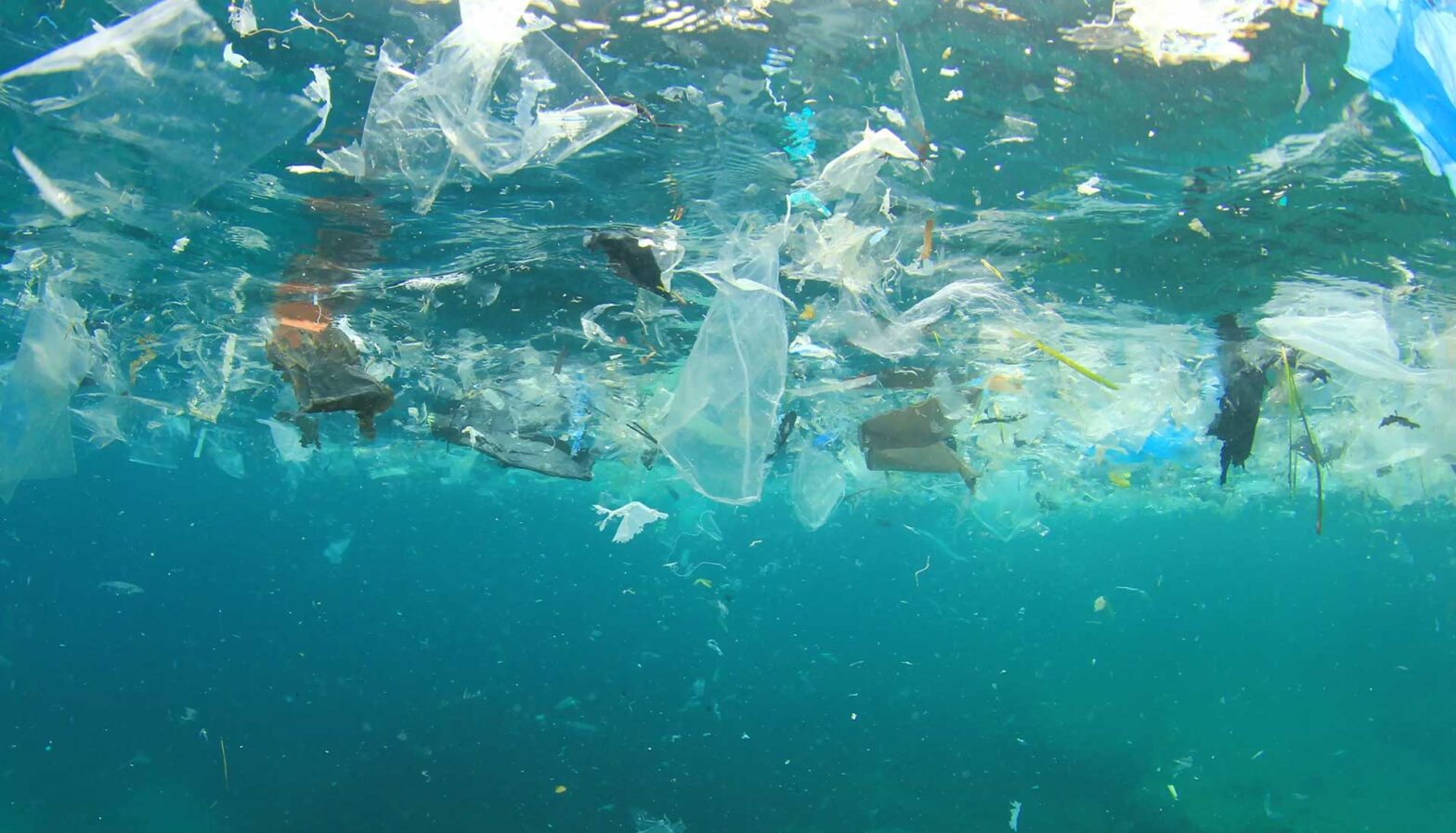New Study on Mediterranean Plastic Pollution
A new scientific model looking at plastic pollution in the Mediterranean Sea provides a shocking new estimate of the amount of plastic waste accumulated there.
The researchers from the Hellenic Centre for Marine Research in Greece tracked the ways in which plastics enter the sea and move within it, showing that an estimated 17,600 tonnes enter annually, with 84% of this ending up on beaches and the remaining 16% finding its way to the seafloor or remaining in the water column. The total amount of floating plastics is estimated by the research at 3,760 tonnes, more than the previous widely used estimate of 756-2,969 tonnes.
The Mediterranean Sea has long been regarded as being heavily polluted by plastics and this is a transboundary environmental problem affecting all Mediterranean countries and their interests. The new study further underpins considerable concerns for Mediterranean wildlife and fisheries, and the large amounts of plastics there reflect the region’s densely populated coastlines, waste disposal policies and the limited exchange of surface water between the Mediterranean and the Atlantic.
More positively, the new model could be used to help evaluate and develop clean-up plans and other mitigation actions.
Additionally, OceanCare notes that collecting global data about all the sources, pathways, and impacts of plastic pollution, especially microplastics, throughout their life cycle will remain a challenge. That said, an incomplete scientific understanding of the issue is not an excuse for inaction. Efforts need to be increased at source level so we can turn off the plastic tap in the first place.
This latest research was published in Frontiers in Marine Science and is freely available here: https://www.frontiersin.org/articles/10.3389/fmars.2021.743117/full
